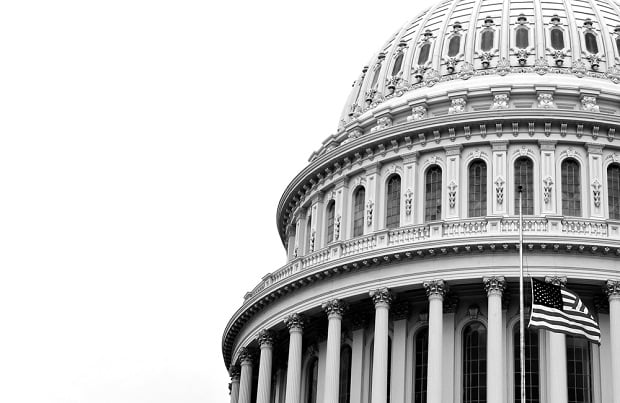 As might be expected, the current council of economic advisors has zero appetite for radical change when it comes to health care policy. (Photo: Shutterstock)
As might be expected, the current council of economic advisors has zero appetite for radical change when it comes to health care policy. (Photo: Shutterstock)
Well, the suspense is over: the Trump White House is not a fan of Medicare for All.
The recently released annual report by the White House Council of Economic Advisers goes to some length to argue that a Medicare-for-All reform, a concept promoted by several Democratic candidates for president, is a bad idea for the country.
Recommended For You
Complete your profile to continue reading and get FREE access to BenefitsPRO, part of your ALM digital membership.
Your access to unlimited BenefitsPRO content isn’t changing.
Once you are an ALM digital member, you’ll receive:
- Breaking benefits news and analysis, on-site and via our newsletters and custom alerts
- Educational webcasts, white papers, and ebooks from industry thought leaders
- Critical converage of the property casualty insurance and financial advisory markets on our other ALM sites, PropertyCasualty360 and ThinkAdvisor
Already have an account? Sign In Now
© 2025 ALM Global, LLC, All Rights Reserved. Request academic re-use from www.copyright.com. All other uses, submit a request to [email protected]. For more information visit Asset & Logo Licensing.








